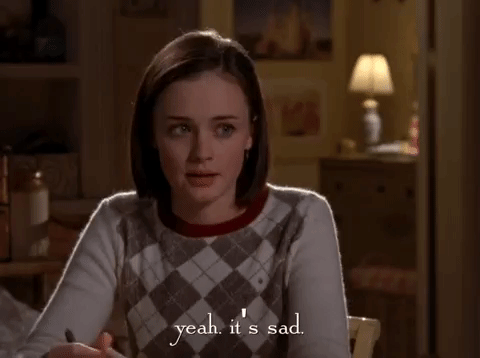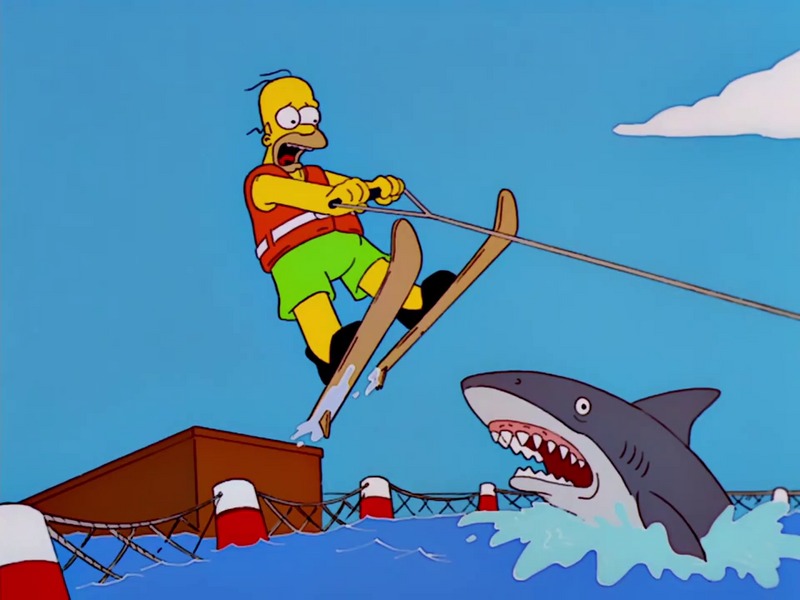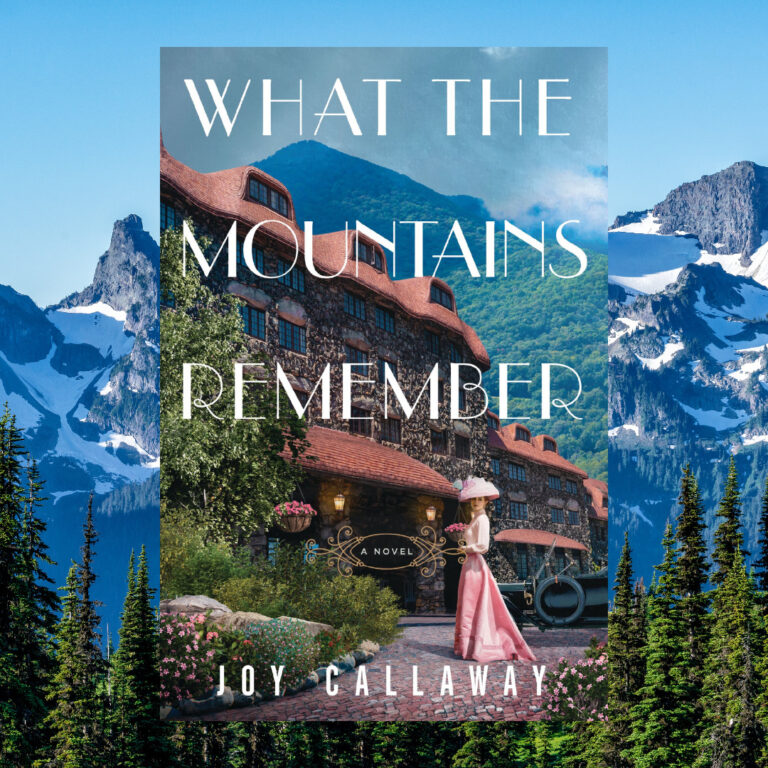
Endings happen whether we want them to or not. Sometimes they come too soon (I’m looking at you Enterprise and Girl Meets World), sometimes too late (the final season of Battlestar Galactica, anyone?), but eventually all series must end. And this is as true in the book world as it is in pop culture. In fact, it’s perhaps truer with books, as series seem to have a finite life versus the infinite possible superhero franchise reboots. Sometimes book series end abruptly — publishers close, authors get sick, contracts get cancelled while other series seem to march on endlessly but eventually all reach a stopping point.
Now I’m no Ann M. Martin (who wrapped the Babysitter’s Club series at well over 130 books!), but I have written several series now, of varying lengths, and one question that I consistently get both from other writers and readers is how does one know that it’s time to consider wrapping a series? Of course, as a reader and devoted fan of a number of long-running series, my initial answer is never! Keep the books coming! I want more, more, more of my auto-buy series.

However, as a writer, I know that perspective isn’t the fairest as a number of factors go into whether a series continues. For traditionally published series, whether to continue is often a conversation between the team as a whole—author, editor, acquisitions team, etc. Sales plays a huge role as to whether traditionally published series get to continue. This is one reason why you see so many three book series—it’s the length of that initial contract. More books don’t get contracted for a variety of reasons, but oftentimes sales are crucial. This is also true in the indie pub world — contracts may not be a factor, but sales figures do play a big role in whether an author chooses to continue in a world. If you love a series, don’t wait until all books are out to buy it or to talk it up to friends and fellow readers—those initial sales DO matter greatly. No sales = Less chance of more books.

But what about when sales are somewhat steady? If author interest is there and particularly when there are secondary characters waiting for books, continuing the series makes a lot of sense. Thus, three book series become four, six, or even more titles. In the traditional publishing world, the decision may be made to contract another X number of books, whereas in indie publishing, the decision may be more title-by-title. Often series start to take on a life of their own — a secondary character from book three demands a starring role in book seven while one from book six is also noisy…
Authors feel obligated to give these secondary characters their own books, and indeed, having a talkative secondary character can be great motivation to keep a series going. Other times, there is a continuing plot thread over multiple books — a war, a murder, a rivalry, a mystery of some sort — that really demands the series continue until that plot thread resolves. Hanging plot threads are awful, especially when a series can’t continue for some outside reason.
But as a series progresses, more time is spent contemplating and weighing these factors. It can be risky, introducing a multi-book arc late in a series or including a fabulous single secondary character, especially when that next contract might not be a sure thing. Sometimes outside factors play a role — a beloved editor may be leaving, a new opportunity beckons, trends wax and wane.

And the fear of jumping the shark becomes this real, almost palpable thing. Almost all writers want to go out on top with a series — you never want to force continuation of a fading series for the sake of a few more books. At a certain point that differs greatly from series to series, things start to become…less than fresh. Tropes get recycled. Characters start to feel familiar and not in the good way. Setting starts feeling more cookie cutter. To readers this can sometimes be a good thing — you start to know exactly what you’re getting with X series. But it can also be a bad thing—you know exactly what you’re getting and the urge to read that next release isn’t as strong as it once was.
Reader fatigue with long series is a real risk and is wildly unpredictable. Sometimes that “jump the shark” book comes at book five, other times book fourteen or twenty-three. But as readers, we’ve all been there, that moment when the series you spent half a decade or more with drops from “pre-order on the spot” to “to-be-read-someday.” Reader fatigue isn’t just about existing readers either — new readers can get intimidated by long-running series. Do they really want to invest in a series with double-digits, especially if the books that most interest them are later in the series? And sure, those readers can often read out of order if the series contains standalone elements like a lot of romance and mystery series do. But some readers (and I’m one!) have to read in order and hearing you’ve got to make it through thirteen books to get to the one that everyone’s raving about is sometimes the difference between trying a book and not.
So ultimately, how do you know when to end a series? Ideally, it’s when you as the writer are ready to say goodbye or perhaps “see you later.” Other stories are demanding attention. Your muse yearns to try something new and fresh. All those noisy single secondary characters have their books. No new storyline is jumping up and down and demanding a book. Existing characters are happy, and no loose ends or story arcs are pressing. It’s time for a breather. Let that universe spin for a while without authorial intervention—relationships deepen, families expand, new adventures are had, but off-screen until such time as the pull to return becomes undeniable.
It’s truly a bittersweet moment, letting a series ride off into the sunset. But when it’s ending on a creator’s own terms and not because of outside forces, it’s also a truly wonderful moment. You know that you gave everything you had to the series and that it in turn gave so much back to you. You also know deep in your heart that you’re ready for something new and exciting, and really, the only one who can know that is the creator, whether it’s book three or book thirty. And so the cycle begins anew with another series. For me, as I bring one series to a close, I know that while I’m sad, I’m also incredibly invigorated by everything still to come.
Annabeth Albert’s Rough Terrain out now!
The camping trip from hell may be the first stop on the road to happily-ever-after in Rough Terrain, the final book in Annabeth Albert’s critically acclaimed, fan-favorite Out of Uniform series.
Navy SEAL Renzo Bianchi has a soft spot for Canaan Finley, and not only because the man makes a mean smoothie. He’s the first guy to get Renzo’s motor revving in a long time. But when he agrees to Canaan’s insane charade—one all-access fake boyfriend, coming right up—he never expects more than a fling.
Creating a hot Italian SEAL boyfriend to save face seemed like a good idea…until his friends called Canaan’s bluff. Now he’s setting off into the woods with the very man who inspired his deception, and Canaan is not the outdoorsy type. The sparks are already flying when a flash flood separates them from their group, leaving Renzo and Canaan very much trapped…very much alone in the wilderness.
Working together to come up with a plan for survival is sexier than either of them expects. But back in the real world, being a couple is bringing its own set of hazards…













